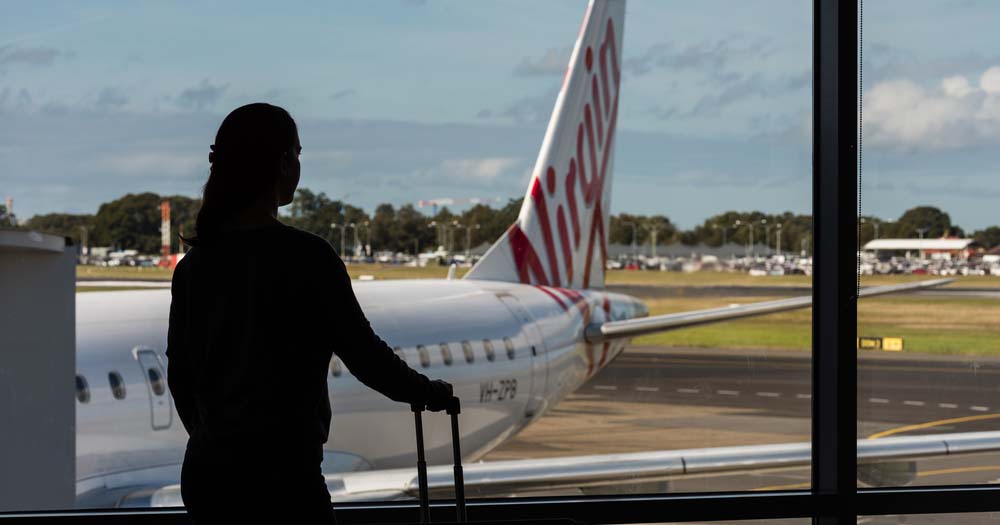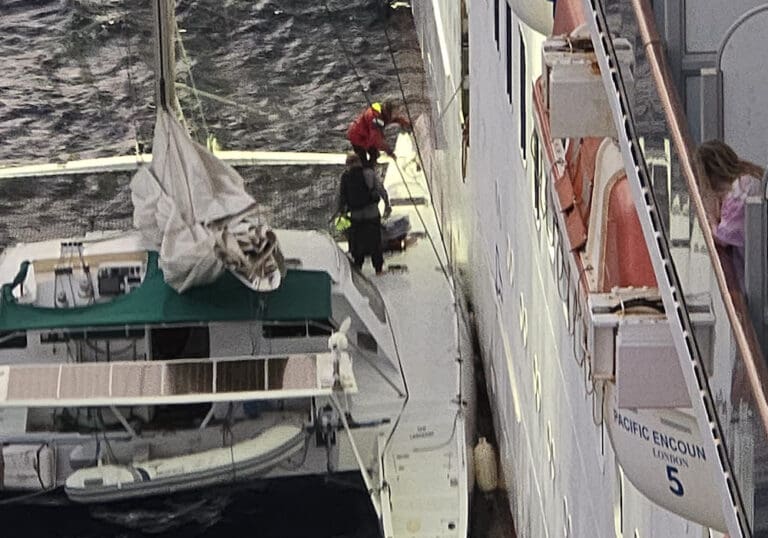The Australian Government yesterday announced reforms to Sydney Airport slot demand to boost efficiency, competition and passenger outcomes. Under the changes, airlines could face penalties and lose take-off and landing slots for cancelling flights without valid reasons.
The reforms will provide better transparency around how landing slots are allocated and used by airlines, including reasons for cancellations and delays, and this monitoring information will be regularly published.
As Australia’s busiest airport, SYD handles around 40 million passengers annually however the reforms do not include any changes to existing curfew arrangements or movement.
The new changes address the current limitations of the Sydney Airport slot demand management system and are poised to optimise the 80 aircraft movements per hour cap.
These measures will unlock unused Sydney Airport slot demand, especially during previously restricted peak times, and will also provide regional NSW services with improved access.
Crackdown on anti-competitive behaviour and slot hoarding
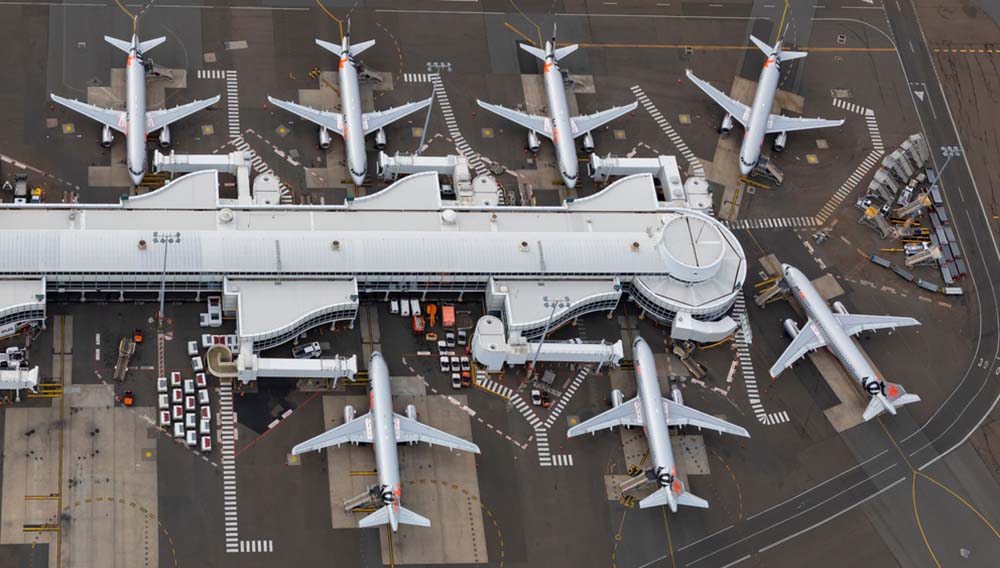
Independent audits of Sydney Airport slot demand and usage will occur with the first to happen this year and the results published to detect and crack down on anti-competitive behaviour.
To ensure slots are not misused, the Government will modernise the compliance regime to include penalties, strengthened enforcement tools and legal action if required.
These moves will benefit smaller and entrant airlines to set up new services, stop slot misuse and create a more level playing field in allocation processes.
To improve connectivity for regional communities, regional NSW services can apply to use any slot during new peak period hours.
Recovery after disruption
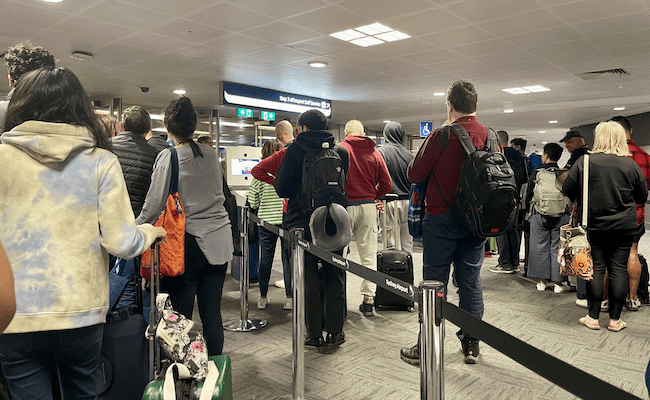
The Government will also introduce a ‘recovery period’ after severe weather events or major disruptions to boost the resilience of Australia’s entire aviation network.
This strictly controlled ‘recovery period’ will temporarily allow up to 85 movements per hour for a maximum of two hours on the same day after the disruption.
There will be no increase in the overall number of flights for that whole day. The 80 flights per hour scheduling cap will stay in place – only flights already scheduled that day will be able to take off or land.
Better for travellers and travel professionals
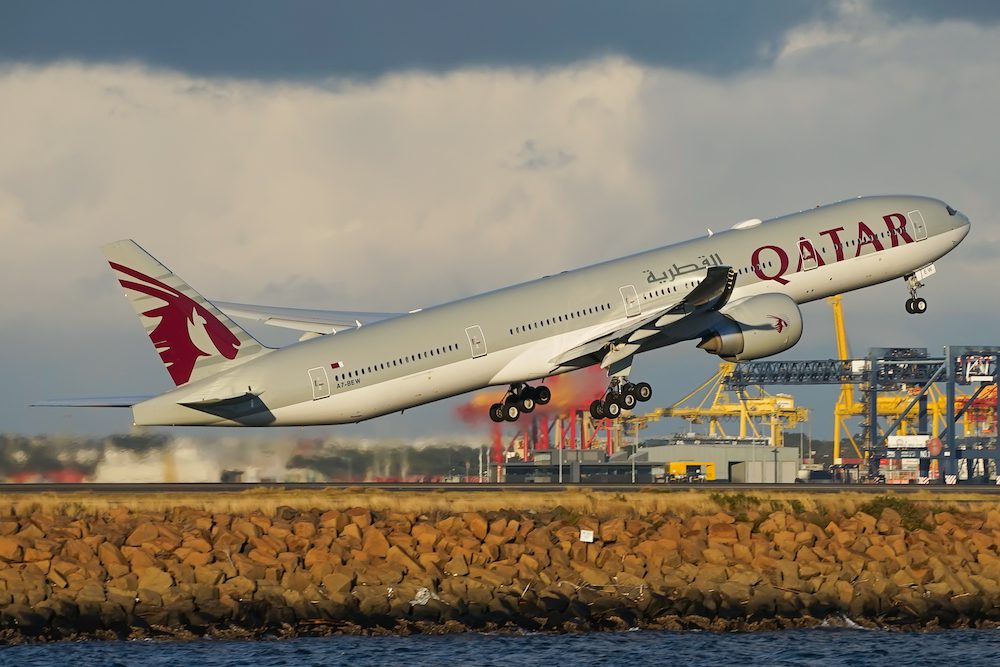
The Australian Travel Industry Association (ATIA) welcomed the significant reforms to the Sydney Airport slot demand management system as the first step towards making flying fairer.
An ATIA study showed airlines often cancel flights for purely commercial reasons, impacting both the travel industry and consumers.
The report demonstrated that a five per cent decrease in travellers due to flight cancellations would lead to an estimated $405 million loss in domestic tourism from Australia’s top 10 airports annually.
ATIA CEO Dean Long said: “These reforms not only enhance the operational efficiency of our busiest airport but also support the many people and businesses in Australia’s travel sector.”
“It’s a significant step towards fostering an environment that delivers tangible benefits for everyone involved in and reliant on travel in Australia.”
Getting SYD moving helps Australia’s whole aviation network
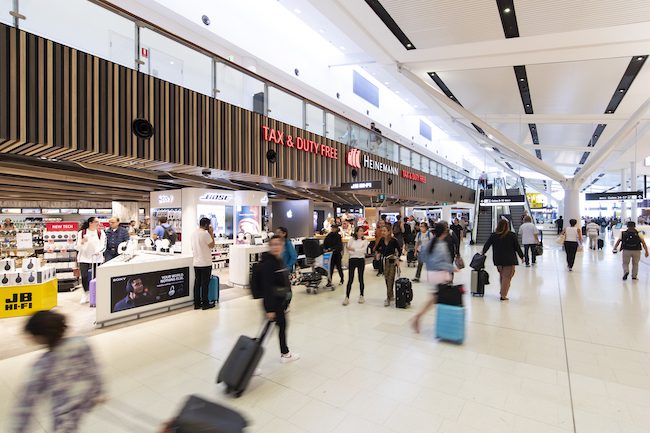
Sydney Airport CEO Scott Charlton said the “practical and sensible improvements” represent a win for efficiency, competition and passengers.
“Sydney Airport is the biggest hub in Australia’s aviation network, so when we get disrupted, the whole system is severely impacted,” he said.
“These changes will promote competition and efficiency by ensuring landing slots are used as they are intended.
“Importantly, the more than 40 million passengers that come through Sydney Airport annually also stand to benefit from these reforms.”
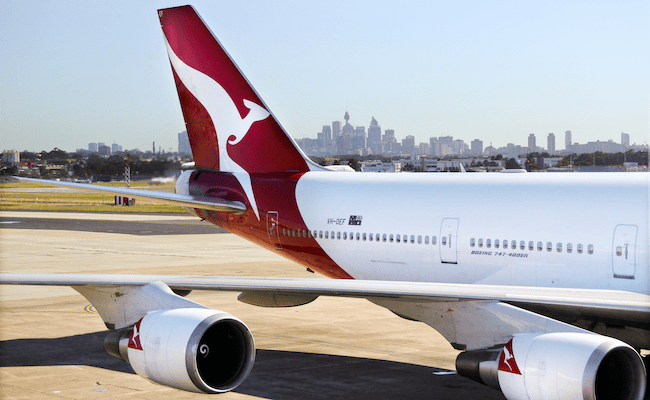
Qantas also welcomed the news of the Sydney Airport slot demand overhaul, particularly regarding the knock-on effects on regional destinations and airports.
“Any improvements to the efficiency will benefit travellers and have a positive flow on impact to airports around the country, which have been impacted by inefficiencies in Sydney,” Qantas said in a statement on its website.
“It will also improve transport links with regional New South Wales and help customers to get to their destinations quicker on days of severe weather.”

